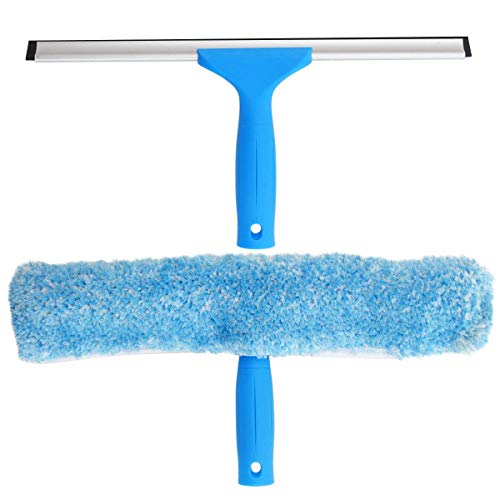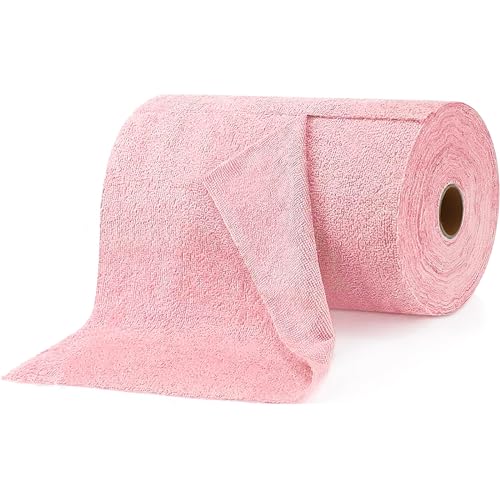Tuffers
Well-known member
- Messages
- 10,918
- Location
- \_( ' ; ' )_/
In just 2 days of cleaning this week I've noticed condensation on the inside of some of the windows on 3 houses that wasn't there last clean. On 1 house yesterday I counted 5 windows that had blown! The windows aren't that old tbf. I got to a house today and the first thing the bloke said "is there much pressure in your hose?" Thinking on my feet, I said "no, it's just like a small tap." "oh, he says, we've got 4 windows that are condensated in between the glass and thought it might be your water getting in." Then I go to a house to collect payment and notice an upstairs window has blown.
Surely wfp can't be the cause can it? I'm not feeling too good about it all ATM.
Anyone else had these issues?
Surely wfp can't be the cause can it? I'm not feeling too good about it all ATM.
Anyone else had these issues?
























